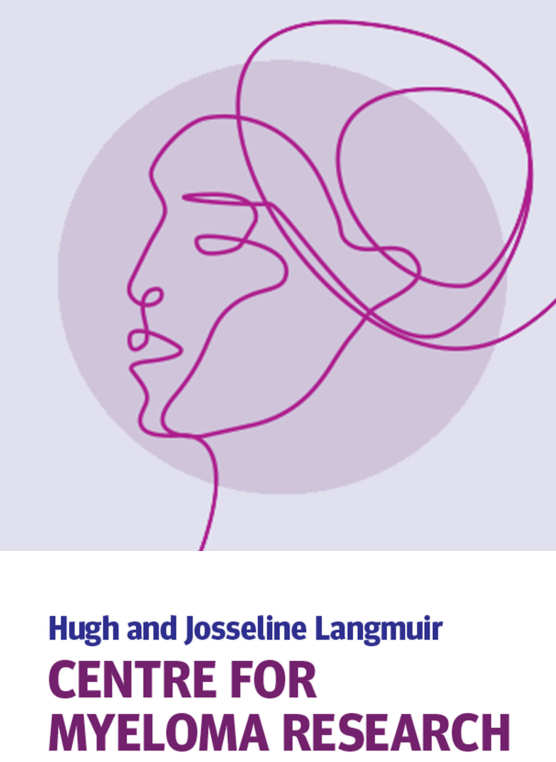BibTex format
@article{Kousios:2019:10.1016/j.ekir.2019.02.003,
author = {Kousios, A and Storey, R and Troy-Barnes, E and Hamady, M and Salisbury, E and Duncan, N and Charif, R and Tam, F and Cook, T and Crane, J and Chaidos, A and Roufosse, C and Flora, R},
doi = {10.1016/j.ekir.2019.02.003},
journal = {Kidney International Reports},
pages = {749--755},
title = {Plasmacytoma-like post-transplant lymphoproliferative disease in a disused arterio-venous fistula: the importance of histopathology.},
url = {http://dx.doi.org/10.1016/j.ekir.2019.02.003},
volume = {4},
year = {2019}
}
RIS format (EndNote, RefMan)
TY - JOUR
AB - Common causes of swelling in arteriovenous fistulae (AVFs) include thrombosis, infection, aneurysm, and superior vena cava (SVC) obstruction secondary to previous dialysis vascular catheter use. Malignancies confined in AVFs are rare and have been described in case series and case reports, mostly in immunosuppressed patients.1 Patients who undergo transplantation frequently have functioning or nonfunctioning AVFs. The risk of malignancy is increased in this patient group and thus should be considered in patients presenting with symptomatic AVF. The most common histopathological diagnosis is angiosarcoma.1, 2 Plasmacytoma-like posttransplant lymphoproliferative disease (PTLD) confined in an AVF has not been previously described.
AU - Kousios,A
AU - Storey,R
AU - Troy-Barnes,E
AU - Hamady,M
AU - Salisbury,E
AU - Duncan,N
AU - Charif,R
AU - Tam,F
AU - Cook,T
AU - Crane,J
AU - Chaidos,A
AU - Roufosse,C
AU - Flora,R
DO - 10.1016/j.ekir.2019.02.003
EP - 755
PY - 2019///
SN - 2468-0249
SP - 749
TI - Plasmacytoma-like post-transplant lymphoproliferative disease in a disused arterio-venous fistula: the importance of histopathology.
T2 - Kidney International Reports
UR - http://dx.doi.org/10.1016/j.ekir.2019.02.003
UR - https://www.sciencedirect.com/science/article/pii/S2468024919300452?via%3Dihub
UR - http://hdl.handle.net/10044/1/67411
VL - 4
ER -
